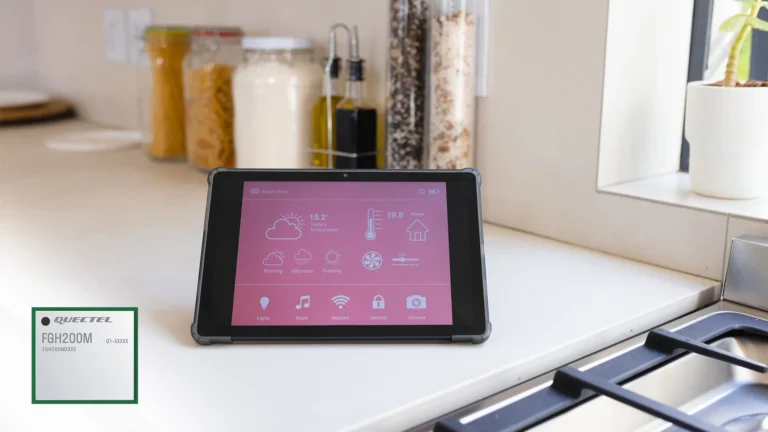
Georgia Power and Mitsubishi Power Achieve Milestone in Hydrogen Blending with Successful 50% Test at Plant McDonough-Atkinson
In a groundbreaking advancement for clean energy technology, Georgia Power and Mitsubishi Power have successfully completed the world’s largest hydrogen fuel blending demonstration to date on an advanced-class gas turbine. The landmark test, conducted at Georgia Power’s Plant McDonough-Atkinson in Smyrna, Georgia, validated the ability to blend 50% hydrogen with natural gas on an M501GAC natural gas turbine. This achievement marks a significant step forward in reducing carbon emissions while maintaining reliable and affordable energy for customers.
The demonstration project, which took place over several weeks in May and June, involved testing multiple hydrogen blend percentages ranging from 5% to 50%. The 50% hydrogen blend resulted in an approximately 22% reduction in CO2 emissions compared to using 100% natural gas, showcasing the potential of hydrogen as a cleaner alternative fuel source. This latest trial builds on a successful 20% hydrogen blending test conducted at the same facility in 2022, further solidifying Georgia Power’s commitment to advancing innovative research and development (R&D) in cleaner energy technologies.
A Foundation for Success: Upgrades and Collaboration
Last year, the M501GAC gas turbine at Plant McDonough-Atkinson underwent a critical conversion from steam-cooled to air-cooled technology, incorporating Mitsubishi Power’s J series combustion system. This upgrade not only improved operational efficiency but also enhanced the turbine’s capability to handle high hydrogen co-firing. The conversion provided several benefits, including faster startup times, increased turndown capability, and reduced maintenance costs—all while supporting the turbine’s compatibility with hydrogen fuel blending.
Mitsubishi Power played a pivotal role in executing the hydrogen blending demonstration, providing full turnkey services that included engineering, planning, hardware installation, controls integration, commissioning, and risk management. The company partnered with Certarus to manage the sourcing and logistics of hydrogen supply, ensuring a seamless and safe operation throughout the testing process.
“This has been a privilege to partner with Georgia Power on this landmark project,” said Mark Bissonnette, executive vice president and chief operating officer of Power Generation at Mitsubishi Power Americas. “Building on the success of our earlier tests, we’ve achieved a 50% hydrogen blend in an advanced-class gas turbine, showcasing the capabilities of our state-of-the-art technology. This is a significant milestone for both companies and underscores our shared commitment to reducing carbon emissions across Georgia Power’s generation fleet.”
Advancing Cleaner Energy for Georgia Customers
As the largest electric subsidiary of Southern Company, Georgia Power is dedicated to delivering reliable, affordable, and increasingly sustainable energy to its customers. Natural gas plays a critical role in the company’s generation mix, providing flexibility, baseload power, and quick response to customer demand. However, Georgia Power is actively exploring ways to reduce the carbon footprint of its natural gas fleet through innovative technologies like hydrogen blending.
“Natural gas serves a critical role in our generation mix, providing flexibility, baseload power, and quick response to customer demand, and will continue to be an important fuel as we plan to meet the energy needs of a growing Georgia,” said Rick Anderson, senior vice president and senior production officer for Georgia Power. “At Georgia Power, innovative testing such as this is just one way we help ensure we can deliver reliable and affordable energy for customers for decades into the future, while reducing our overall emissions. Investments we’re making in our fleet and power grid today will benefit future generations, and I’m very proud of the team at Plant McDonough-Atkinson and Mitsubishi Power for their dedication to this project and safely completing this test.”
Since 2007, Georgia Power has reduced its carbon emissions by more than 60%, demonstrating its commitment to environmental stewardship. The successful hydrogen blending test at Plant McDonough-Atkinson aligns with the company’s broader strategy to integrate cleaner energy solutions into its operations while continuing to meet the growing energy demands of Georgia.
Supporting a Diverse Energy Portfolio
Plant McDonough-Atkinson, located less than ten miles from downtown Atlanta, has been serving electric customers for over 80 years. Originally converted to natural gas in 2012, the facility now operates six advanced M501G and M501GAC series gas turbines, along with three steam turbines configured in a 2-on-1 combined-cycle setup. These turbines deliver high performance and efficiency, powering up to 1.7 million homes across the state.
Natural gas currently accounts for 40% of Georgia Power’s annual energy generation, making it a cornerstone of the company’s diverse energy portfolio. Through the Integrated Resource Plan (IRP) process, Georgia Power collaborates with the Georgia Public Service Commission (PSC) to ensure it can reliably and economically meet the state’s energy needs. In the 2023 IRP update, the PSC approved plans to develop three new Mitsubishi Power simple-cycle combustion turbine resources at Plant Yates in Coweta County, all of which will be capable of utilizing hydrogen.
Additionally, Georgia Power has proposed upgrades to ten natural gas turbines—both combined cycle and simple cycle—at Plant McIntosh as part of the 2025 IRP. These enhancements are expected to add 268 megawatts of capacity, helping to meet projected energy demands while complementing the company’s investments in renewable energy sources like solar.





